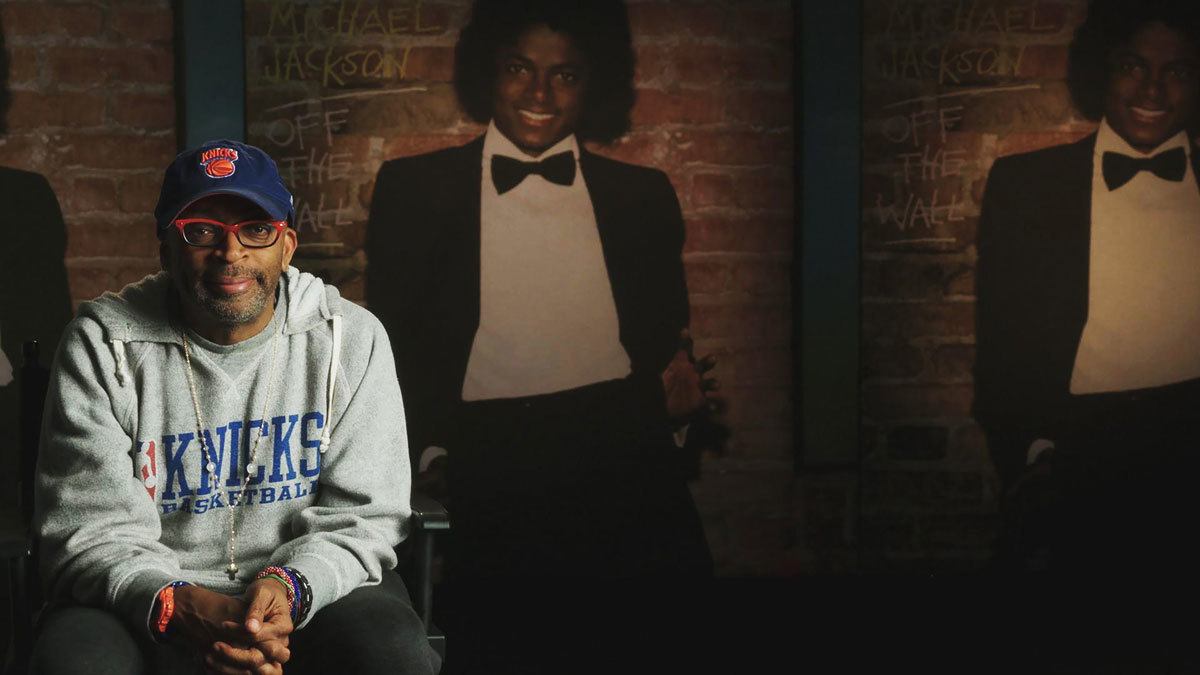Michael Jackson’s mother said it was like he had lived a couple of lifetimes. His father said he was born dancing. But Spike Lee’s new Michael Jackson documentary celebrates that innate talent while shining a light on the singer’s sheer graft as well. Michael Jackson’s Journey from Motown to Off the Wall, which premiered at Sundance this weekend, affectionately tells the story of the less highlighted early solo development of the artist as Michael evolves from child star to adult performer.
Spike Lee’s film is a respectful retelling of the period prior to and recording of Michael Jackson’s first solo record, Off the Wall in 1979. Record executives, producers and family members (except LaToya and Janet – though they were asked to participate) describe the ‘purest talent’ that Michael Jackson demonstrated from a young age. Berry Gordy, his former boss at Motown records recalls Michael bolting from a studio and into a corridor to dance for no reason. When asked why he ran out and started dancing Michael merely said that ‘he just had to get it out’. Jackson 5 performances show just exactly how much in a class of his own he was, as dancer, entertainer and singer.
But the film also demonstrates the fierce drive Michael Jackson had to make the world appreciate that talent. In the documentary, cultural critic dream hampton warns against the way black artists are frequently attributed extraordinary natural abilities, while ignoring the hard work put in. Michael Jackson did put in the graft, studying the great Hollywood dancers from Gene Kelly and Sammy Davis Jr., watching every move of whoever he was in the studio with, whether it was Stevie Wonder or his long time producer Quincy Jones. When he won a Grammy for Don’t Stop Til You Get Enough, the first single from Off the Wall, his acceptance was included in the pre television broadcast segment. He vowed that next time out, the Grammys would have no option but to put him in the show. He returned with Thriller, the biggest selling record of all time.
The documentary, Spike Lee’s second homage to Michael Jackson after Bad 25, illustrates how Michael Jackson broke through a glass ceiling for black artists. His contemporary influence is repeatedly felt with commentary from the likes of Questlove, Rodney Jerkins and Empire creator Lee Daniels, who talk about the transformative effect of the artist on their lives. The Weeknd says that he found his falsetto from listening to him. Pharrell says that without Michael Jackson, he would not be making music. “He took black music to a place where it became human music,” Pharrell says in the film. Sadly, there’s no Mariah contribution, the high point of Bad 25.
But the strongest section of the film is a track-by-track breakdown of Off the Wall, an opportunity for MJ fans to indulge in live performances, demos and the power of a black patent shoe and glittery socks combo. We learn when and where he introduced the world to his iconic vocal hiccups and the origin of that equally legendary Don’t Stop Til You Get Enough rhythm. They are moments in Michael Jackson’s Journey from Motown to Off the Wall more powerful than any of the praise.
Credits
Text Colin Crummy
